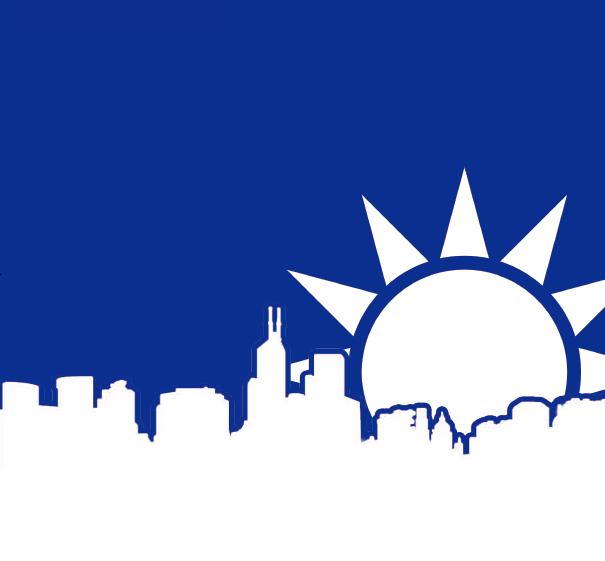Mathews currently holds a class for refugees and asylum seekers every Saturday in Chungking Mansions. They gather and discuss current affairs and social issues – from world politics to transgender people.
David is one of Mathews’ students. He first came to the class with the intention of learning English. But the heated discussion aroused his interest in current affairs and politics. “I want to write something and send it to the newspaper,” he says.
However, David finds it extremely difficult to get to know more about Hong Kong. He thinks educating refugees about Hong Kong would be helpful and would help them more easily adapt to the unfamiliar environment.
Adam and David have both had unpleasant experiences during their limited social interaction with local people. Adam says a woman once covered her nose when she saw him. People sometimes get up and find another seat when he sits next to them. David was once treated as if he was a robber when all he wanted to do was offer to help a woman who was carrying something heavy.
“This just shows how little the locals know about this group of people who coexist with them,” he says.
The refugee issue in Hong Kong has evolved from being a highly visible “problem” into something that is invisible and forgotten.
Some in Hong Kong thought it was unfair for Britain to make its colony a Port of First Asylum for the Vietnamese boat people, while the West dragged their feet over resettling the refugees in their countries. The UNHCR still owes Hong Kong $1.61 billion for costs related to the Vietnamese refugees and migrants.
But like today’s refugees and asylum seekers, most of the Vietnamese never wanted to set down roots in Hong Kong. They were seeking lives elsewhere. As Peter Barnes, a lawyer who helped the Vietnamese safeguard their rights at the time, points out, they were willing to put up with detention in prison-like conditions rather than go back to Vietnam.
Barnes believes the Hong Kong government’s current policy on refugees has been influenced negatively by the territory’s experience of the Vietnamese refugee issue—and that that negativity is probably shared by many members of the public.
He says many people see refugees as non-genuine queue-jumpers who want to cheat the system but, “ in most cases that is an unfair assessment. The lack of knowledge of how and why asylum seekers seek protection in another state, as well as the propaganda flowing from official pronouncements, leads regrettably to ignorance and judgments based on prejudice and bias.”
Hong Kong is a city where many people are themselves refugees from the Mainland, or the descendants of such refugees yet, as Barnes says, “People have short memories.”









































